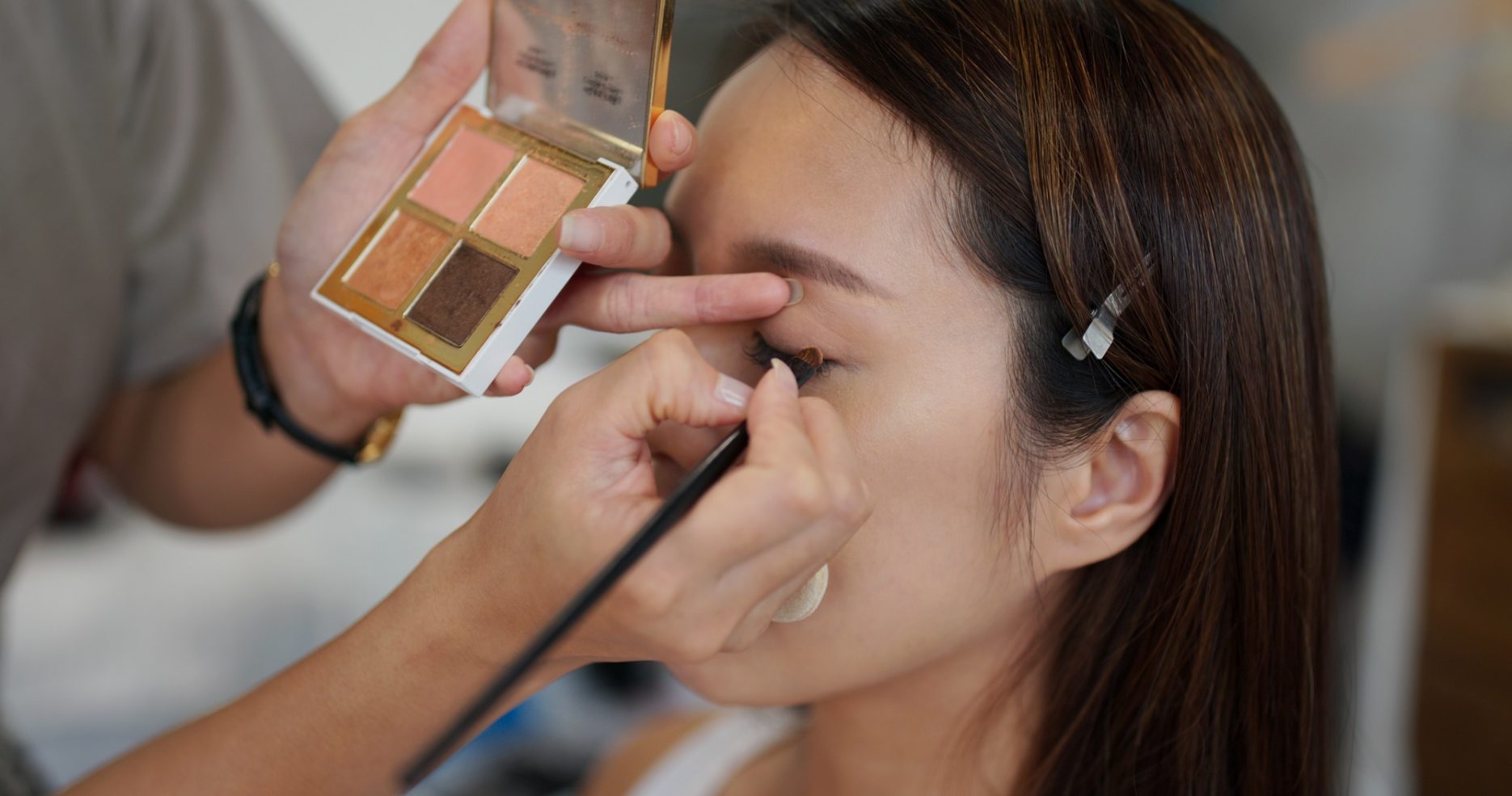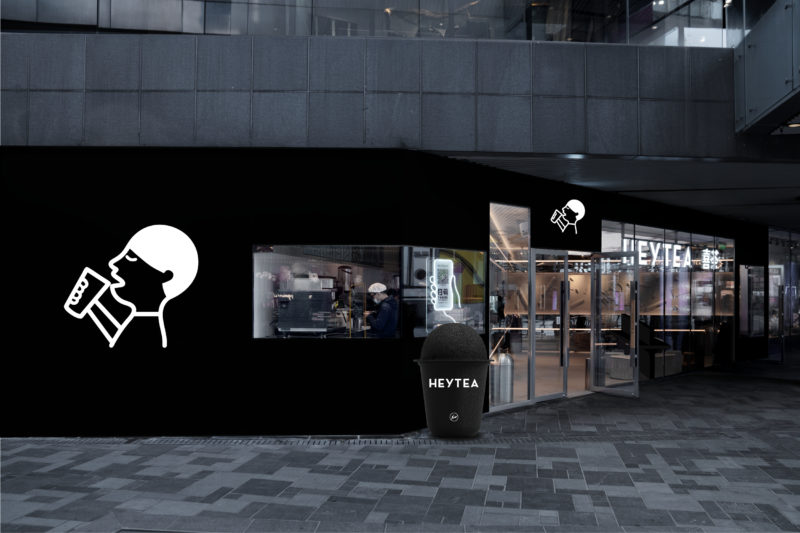Kuaishou, rival of the viral short video app Douyin (Chinese TikTok) has updated the platform’s regulations on online merchants selling beauty products from internationally renowned brands. The new rule, which is set to take effect on 28 April, covers products from skincare, make-up, and perfume, involving 45 global labels such as Clarins, Estée Lauder, YSL, Lancôme, L’Oréal and Shiseido.
The first-round qualification review will kick off in May, according to a notice published by Kuaishou’s e-commerce department on 20 April, and unauthorised distributors including individuals and businesses will be banned from selling relevant products.
The move came after retailers without distribution qualifications or brand authorisation rushed into the space as the video platform evolves into a thriving digital marketplace for beauty products, with an 81.5% increase in beauty consumers under the age of 23 within 6 months in 2021, according to a report by iResearch Consulting. The purpose of the new regulation is, therefore, “to crackdown on such misconducts and to ensure a clean business environment on the platform, as well as improve user experience,” the platform explains.
Following the new rule, individuals and independent business owners who want to sell products by the concerned brands shall upgrade to “Enterprise Shop” and provide relevant qualifications for review. In addition, qualified stores shall provide brand authorisation and evidence of a supply chain before any sales occur.
The toughened regulations introduced by the platform, which acts as a crucial gateway for foreign players to penetrate the Chinese market, especially its lower-tier segments, could also benefit global brands, as these measures provide protection for brands’ reputation, shielding them from controversies arising from counterfeit goods or poor customer service.
Such efforts are important for Kuaishou if they want to remain an appealing online market space for international players who are stepping up their visibility in China’s digital landscape, as well as a natural progression as the platform scales up its e-commerce ecosystem.









